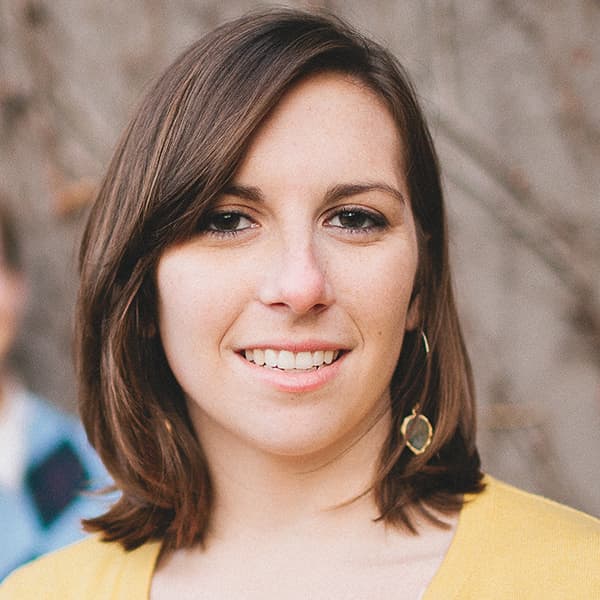Advertisement
2 Books Rep. Frank Wants To Write: Gay Rights History, Advice For Liberals
Rep. Barney Frank sat down with us in Newton on Tuesday, to talk about his 40 years in public service, retirement — and two book ideas he has in the works:
Frank: I have a couple books in mind: one is what I think liberals should be doing. The fundamental point is going to be that we need to empower ourselves to do more with government than we've been doing, both as an end in itself and then there's a vicious cycle.
People don't like government, so they deny government the resources, we deny ourselves — which is what government is, ourselves acting collectively — we deny ourselves the resources to be effective and then because we don't do things right, people get angrier so they deny more resources. The way to break that cycle, in my judgement, is with substantial reduction in America's worldwide military commitments. I want us to do a better job of using our collective resources through government to improve the quality of life.
Secondly, more specifically, I want to write a history of the gay rights movement in America. My career in government and the gay rights movement are virtually of the same age. I got elected to the state Legislature in 1972, three years after Stonewall, which is really the beginning — the Stonewall Riots of 1969 — of the gay rights movement. And I've been involved literally for 40 years in every movement to try and diminish the prejudice based on sexual orientation and later gender identity, and I want to write about that.
Bob Oakes: Writing the book on history of gay rights movement, why is it important for you personally to take on that project?
Look, I was a fledgling academic, I think I have stuff to contribute to the understanding of American politics and society because I, in this case, have a kind of observer role as well as participant.
But there is also a particular point. I have had a longstanding argument with some of my friends on the left about political tactics. I think working through the political process is the only effective way to do it. And I've had this debate within gay community: demonstrations versus political activism. I think the case for political activism wins. Now that's an ongoing one.
I've been very frustrated with the Occupy movement. I agree with much of what they say, not all of it, and some of them seem to be extremists and wrong. But I certainly agree much more with Occupy than with the Tea Party, but I admire the Tea Party's approach to politics and the Occupy approach makes me crazy. This notion that we want to bring change, so let's chant and yell and march, those have very little effect in most circumstances.
Advertisement
So what do you want to say about liberals, then?
I think the mistake many liberals make is in the current situation where government is unpopular, to join in the critique of government but then advocate specific expansions of government authority.
What I say is we've got to get over this. Yes, the private sector is a place where we create wealth. Yes, we're for the private sector. But there also needs to be public sector and they have to cooperate.
So then is your hope that by writing the book, liberals push harder for the programs, for the policies, for their beliefs?
If there's one point I would hope people would take away from the book is if you believe in coming together to improve the quality of life at home through our collective action — which is what we do with government — then you've got to make substantial reductions in America's greatly overstretched worldwide military commitments, which I think do us, in many cases, more harm than good. And it is to say that given the goals that we have, we need a very well run private sector that creates wealth. You can't do this without the wealth in this society, but then you also need to be able to come together and spend those resources in the right way.
This article was originally published on November 29, 2012.
This program aired on November 29, 2012.

